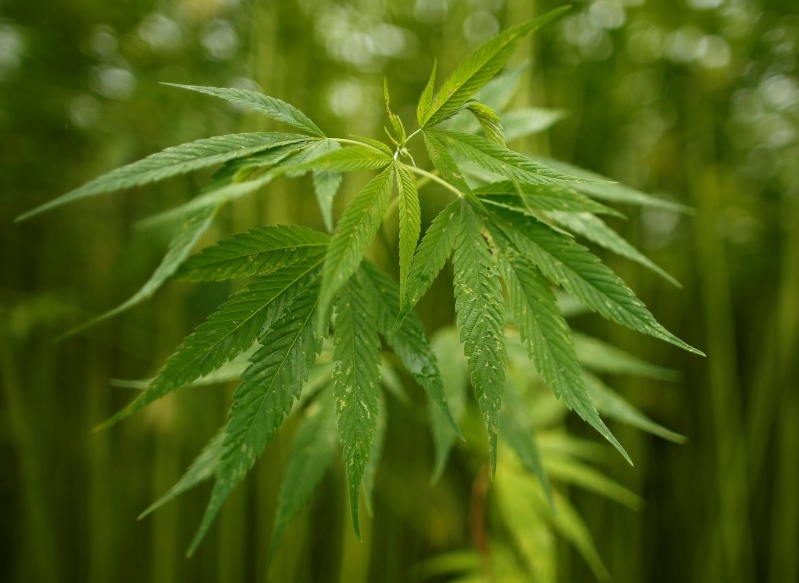
Japan prides itself on having a low tolerance for guns and drugs, but a tiny political party has become the first to adopt an election plank of scrapping a research ban on medical use of marijuana.
Proponents say such use could ease cancer-related pain, prevent dementia, and cut soaring medical costs. But the government says its effectiveness has not been proved, and worries about the social harm weaker controls could bring.
Japan outlaws owning and growing marijuana, besides the ban on clinical research, despite a trend in advanced countries, such as Canada and the United States, to free up medical use.
"Faced with this sharp gap between Japan and the rest of the world, the public are at a loss which to believe," said Saya Takagi of the New Renaissance Party, founded by a former member of Prime Minister Shinzo Abe's ruling party.
"We are proposing lifting the ban on research to see what the truth is," Takagi, who is contesting Sunday's election to the upper house of parliament, told Reuters in an interview.
"I wish for the earliest possible start of research and the introduction of medical marijuana."
The idea of legalising medical use finds backers among Japan's growing ranks of senior citizens, who make up just over a quarter of the population of 127 million.
"Nothing would be better for patients, if it is put to good use," said Kimiko Yajima, a 78-year-old cancer sufferer, while shopping in downtown Tokyo. "It would be great if pain were eased, even temporarily."
Abe's wife, Akie, who has a reputation for bucking conservative trends, has also spoken in favour.
"I believe it can be greatly utilised for medical purposes," the weekly magazine SPA! quoted her as saying in December. Her aides could not immediately comment on the article, however.
Akie also said she had once considered becoming a hemp farmer. That now requires a special permit, in contrast to the plant's former widespread use in fabric and imperial ceremonies.
The government says legalising marijuana for medical use is premature, without scientific proof.
"The World Health Organisation has not acknowledged there are scientific grounds," said ahealth ministry official, who declined to be identified, because the topic is a sensitive one.
"Given marijuana is already abused, we need to be truly careful."
Some medical experts counter that it should be possible to explore medical use under appropriate controls.
"We are not saying marijuana should be freed from all restrictions," said Minoru Arakaki, the head of a new academic institution on medical marijuana.
"All we are saying is, let's conduct research to see what harm and benefit it can bring, and let's use it if it turns out to be useful."







